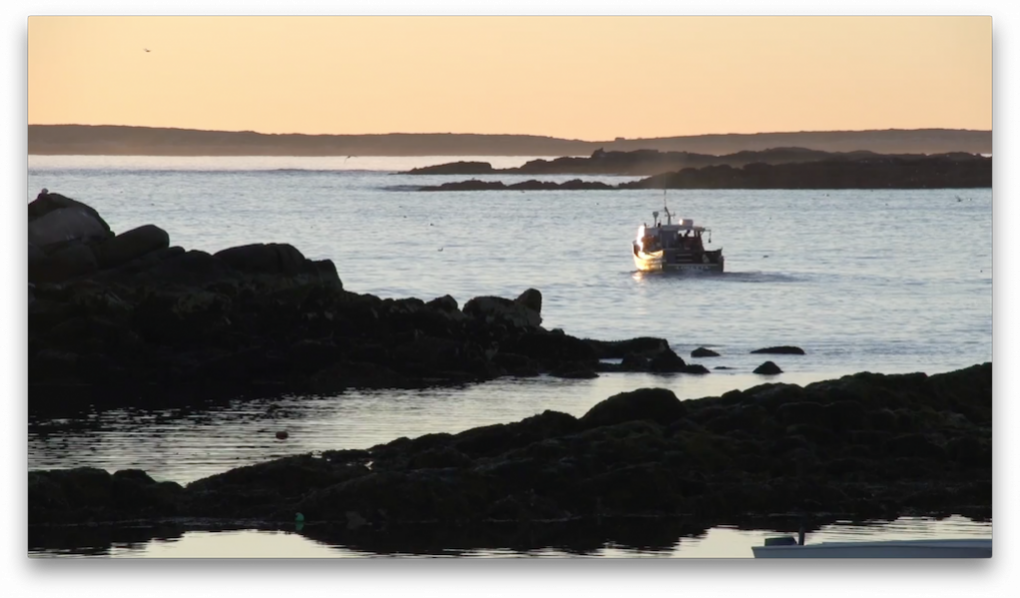
Maine Ocean and Coastal Acidification Partnership (MOCA)
Purpose
This volunteer partnership formed in March 2016 seeks (1) to implement recommendations of the Ocean Acidification Study Commission authorized by the 126th Legislature, as set forth in the study commission’s report and (2) to coordinate the work of governmental agencies and private organizations and citizens who are studying and implementing means to reduce the impacts of or help adapt to ocean and coastal acidification.
MOCA Functions
- To provide a forum for coordinating OCA research and policy efforts
- To communicate ME OCA work to those interested in MOCA
- To provide support regarding regulatory approach to agencies and to legislators
- To inform elected officials
- To provide updates on OCA work in the state and elsewhere as it pertains to ME via webinars, seminars and meetings
- To work on coordinating monitoring, research, and policy through committees
- To hold regular meetings in order to: Provide updates on OCA activities, Track progress on MOCA goals, Plan MOCA in-person meetings and webinars, Communicate opportunities (such as RFPs and scientific meeting sessions), and Discuss emerging and changing priorities in the state relevant to OCA
Structure
Steering Committee logistics and roles
- Steering committee membership is on a volunteer basis, without monetary compensation
- The committee will strive to have a balance of interests represented
- Members will rotate on and off the committee as needed with 5 to 8 members
- Members must be committed to working as a team and participate in conference calls and meetings, and provide follow through for tasks assigned
- Members will provide support for all activities of the Steering Committee including planning and staffing events; be willing to take notes and facilitate conference calls and statewide meetings as needed (this can be a rotation of members for these responsibilities so that the Coordinator of the steering committee can focus on the overarching organizational needs and be able to delegate tasks to members); maintain a record of events and post on the MOCA webpages; develop and analyze evaluation surveys and report back to participants
- Specific steering committee roles- Coordinator; Assistant Coordinator; External Engagement; it is expected that a Coordinator serve for one year, after which the Assistant Coordinator takes on the Coordinator role
Steering Committee Coordinator role description
The coordinator must be a self-motivated, organized, leader. Responsibilities include organizing and facilitating regular steering committee calls, including scheduling, posting agendas in advance, note-taking, and assignment of action items; keeping the advisory council informed and soliciting advice from advisors as needed; organizing full MOCA meetings/events; posting MOCA-related happenings to the google group; delegation of additional and/or some of the aforementioned tasks to other steering committee members as needed.
MOCA Timeline of Events
2013
- Facing Ocean Acidification in Maine: Identifying our stakes, questions, and tools to adapt and protect fisheries– ME Fishermen’s Forum, March 2013 (ME Sea Grant, Island Institute, Global Ocean Health)
- ME OA Google Group created– August 2013 (Island Institute)
2014
- ME OA Meeting– January, 2014, Augusta (Island Institute)
- Sharing Experiences from Near and Far- Climate Change and Ocean Acidification Now and in the Future– ME Fishermen’s Forum, March 2014 (ME Sea Grant, Island Institute)
- ME OA Commission established– June 2014
- Increasing Community Resilience to Ocean Acidification in Maine: Analyzing and Responding to the Economic, Cultural, and Social Impacts– October 2014, Maine Maritime Museum, Bath (Island Institute)
- First OA Commission meeting/symposium– Darling Marine Center, Walpole, August 2014
- ME Stakeholder Ocean and Coastal Acidification Workshop– December 2014, Darling Marine Center, Walpole (NECAN)
2015
- Commission sunsets and final Commission report with recommendations released, including a recommendation for an OCA Council to keep a sustained/coordinated focus on OCA – January 2015
- Bill introduced to create OCA Council to carry out recommendations of the Commission– January 2015; legislation failed to garner State support due to lack of staffing and funding
2016
- NECAN OA session at ME Fishermen’s Forums– March 2016 (Maine Sea Grant)
- Maine Ocean and Coastal Acidification (MOCA) Partnership officially formed– March 14, 2016
- MOCA Symposium to present current research revisit recommendations of the Commission– USM, Portland, June 2016
- MOCA website created
- MOCA Symposium on remediation strategies and policy– State House, Augusta, November 2016
2017
- MOCA 2017 Update Webinar– May 31, 2017
- MOCA Winter Meeting at Bigelow Laboratory, December, 18, 2017
2018
- MOCA March Newsletter 2018
- MOCA Summer Meeting, Bowdoin College June 12, 2018
